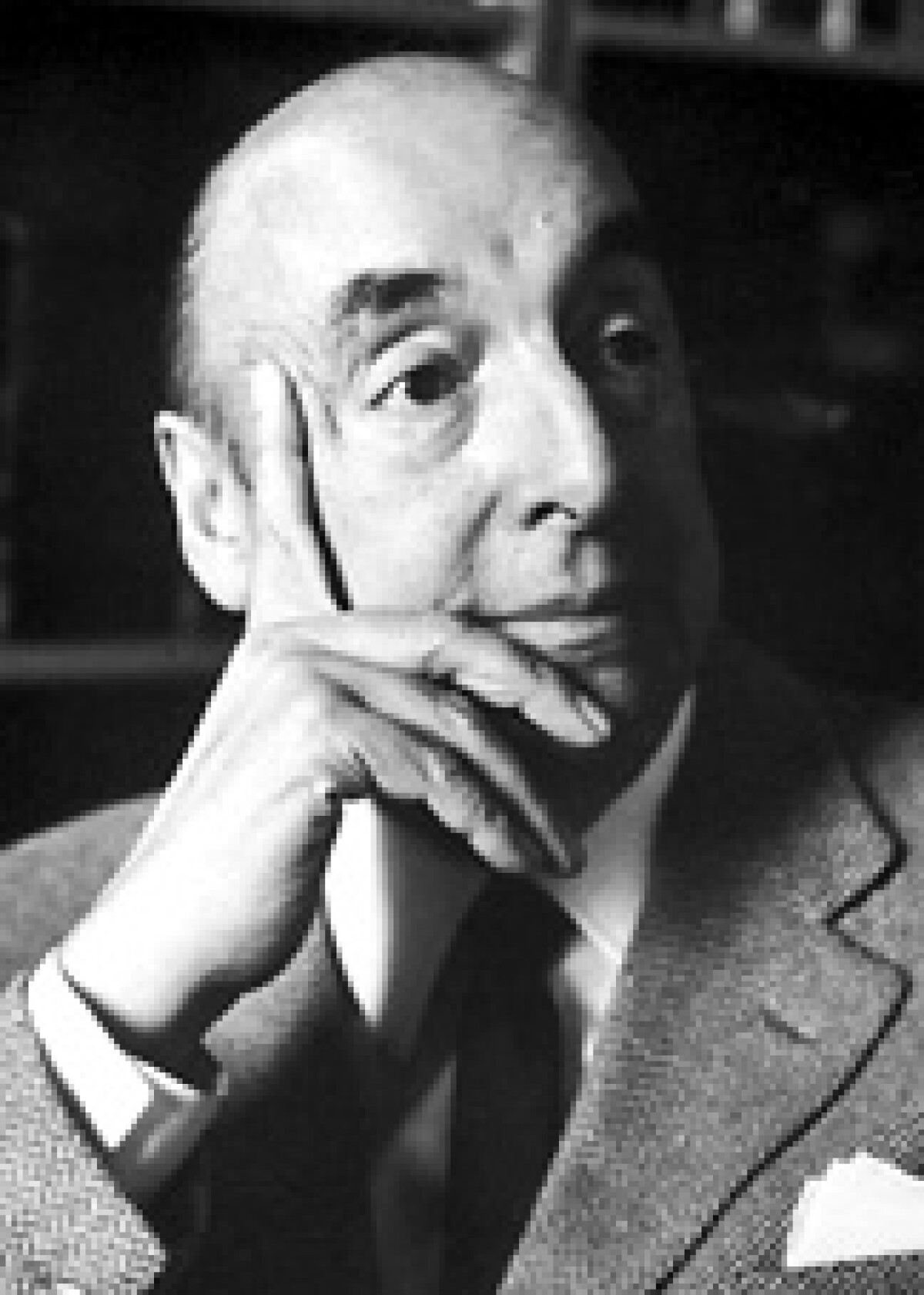Neruda Pablo
Pablo Neruda (July 12, 1904 – September 23, 1973) was the pen name of the Chilean writer and communist activist Ricardo Eliecer Neftalí Reyes Basoalto.
Translated into dozens of languages, Pablo Neruda is considered one of the greatest and most influential poets of the 20th century. Critic and biographer Alistar Reid has stated that Neruda is the most widely read poet since William Shakespeare.
Neruda was accomplished in a wide variety of styles, ranging from erotically charged love poems, surrealist poems, historical epics, and overtly political manifestos. Some of Neruda's most beloved poems are his "Odes to Common Things," collected in several volumes. Colombian novelist Gabriel García Márquez has called him "the greatest poet of the 20th century in any language". In 1971, Neruda was awarded the Nobel Prize for Literature after several years of being overlooked for his political activism.
During his lifetime, Neruda occupied many diplomatic posts and served a stint as senator for the Chilean Communist Party. When Conservative Chilean President Videla outlawed communism in Chile, a warrant was issued for Neruda's arrest. Friends hid him for months in a basement of a home in the Chilean port of Valparaiso. Neruda then escaped into exile through a mountain pass into Argentina.
Years later, Neruda was a close collaborator to Socialist President Salvador Allende. Upon returning to Chile after his Nobel Prize acceptance speech, Allende invited Neruda to read at the Chilean national soccer stadium before 70,000 people, the largest poetry reading in recorded history.
Pablo Neruda died of heart failure twelve days after the Chilean coup d'état led by Augusto Pinochet. Already a legend in life, Neruda's death became charged with an intense symbolism that reverberated around the world. Pinochet had denied permision to transform Neruda's funeral into a public event, but thousands of grieving Chileans disobeyed the curfew, flooding the streets in tribute. Neruda's funeral became the first public protest against the Chilean military dictatorship.
Neruda's pen name was derived from Czech writer and poet Jan Neruda; it later became his legal name.
Share:









